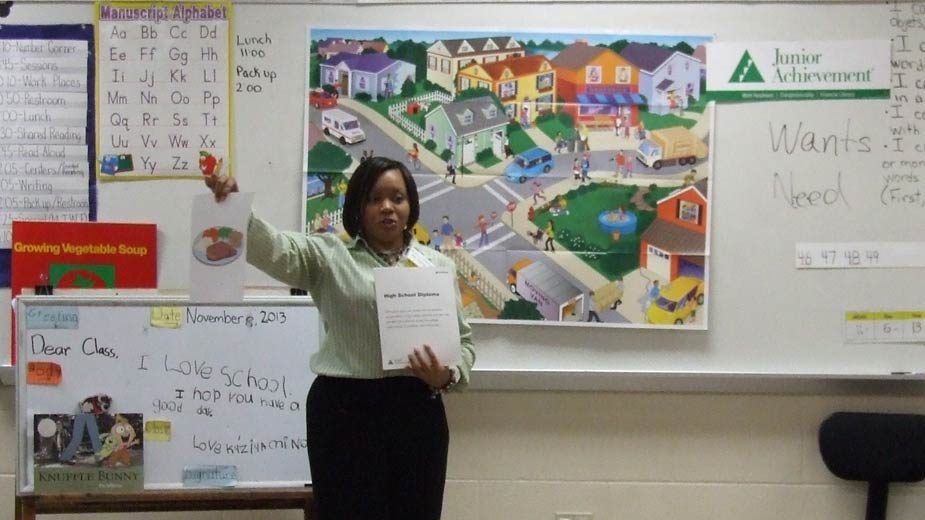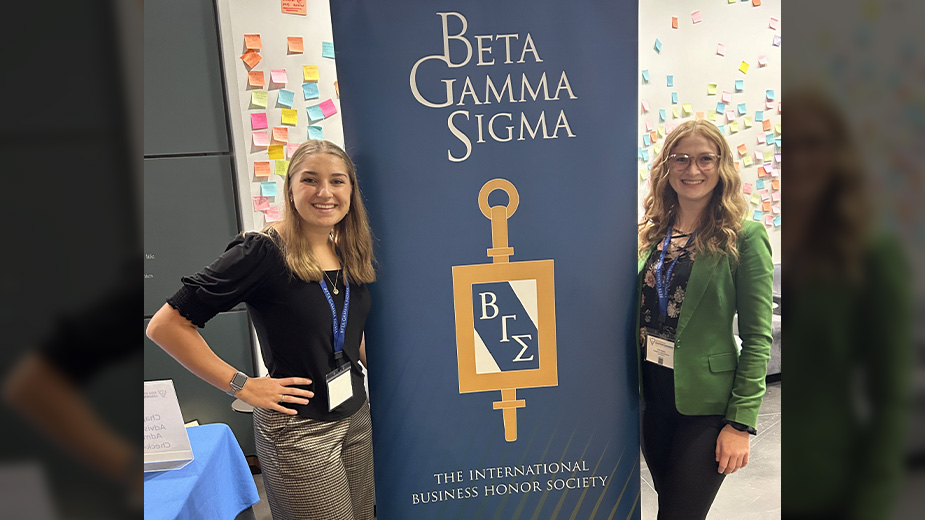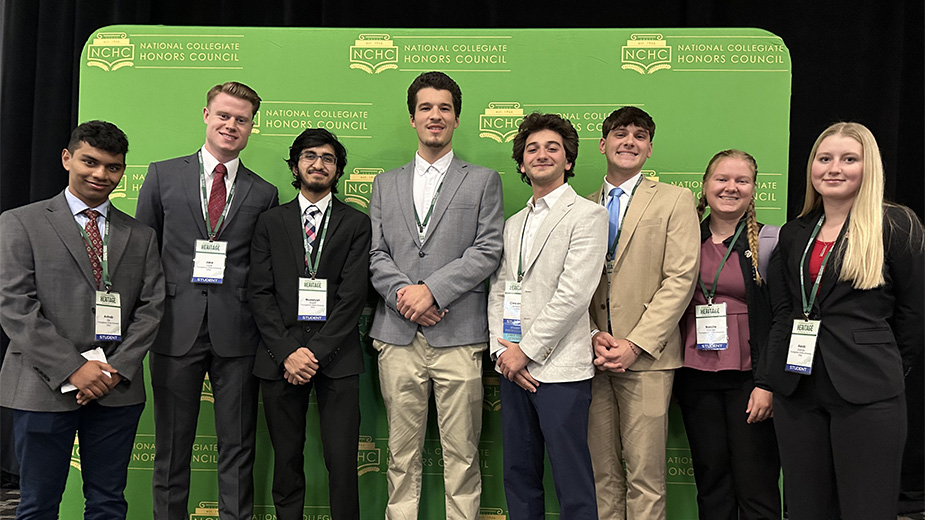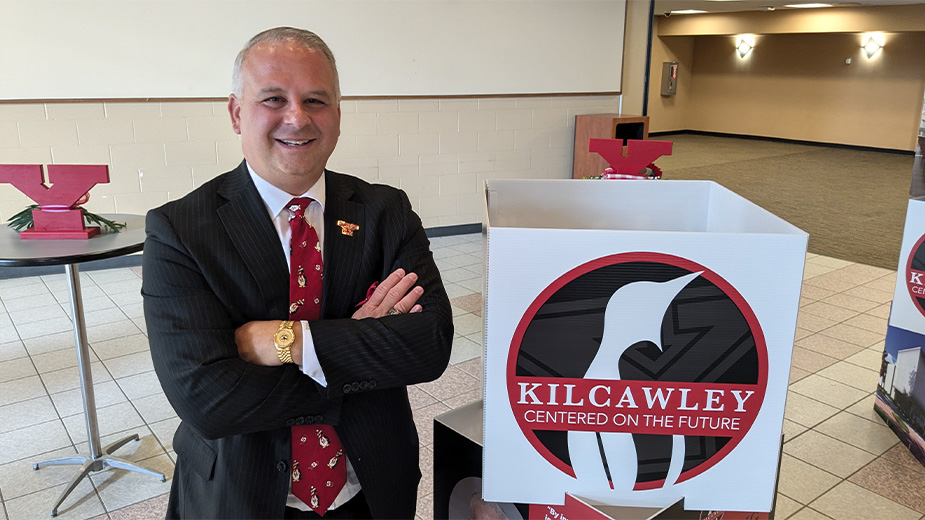JA Helps Youth Become Financially Literate
YOUNGSTOWN, Ohio — During the nearly 13 years Tanay Hill worked in a bank branch, she remembers the many high school students on the verge of adulthood who had no idea about how to balance a checkbook and other basics of personal finance.
The problem wasn’t restricted to low- to middle-income clients, either, she continues. “All across the board, they had a challenging time with managing their accounts,” she says.
Hill, who today owns Farmers Insurance-Tanay Hill Insurance Agency in Canfield, is among the hundreds of volunteer educators who share their knowledge and life experiences with youth through programs Junior Achievement of Mahoning Valley Inc. offers.
Junior Achievement of Mahoning Valley, based in Liberty Township, provides financial education in Mahoning, Trumbull, Columbiana and Ashtabula counties. During the 2015-2016 school year, 579 JA volunteers reached 11,728 students in 541 classrooms in 75 schools in the four counties, reports its president, Michele Merkel.
Based on the number of educator requests this academic year, the JA chapter should reach 13,000 students in nearly 600 classrooms by next May and the need for volunteers will increase by 10%, she says.
The audience for JA’s international financial education program is kindergarten through high school, “but we’ve done as young as preschool,” Merkel says. Although there is a state mandate for high school students to receive instruction in personal financial literacy, JA finds that education needs to begin earlier.
“High school is too late. The younger we reach them, the more prepared they’re going to be financially,” she says.
While a few students have some base of knowledge, “for the most part they don’t understand how money works, why you save, how you save and what things you save for,” Hill found.
Overall students are “shocked and surprised” when they find out how much everyday items, such as a cellphone, cost to own and operate, Merkel points out.
“Now you know where your parents are coming from. Now you know why they’re so strict or constantly on your case and want you to be responsible with your phone,” she says. Once they become aware, students engaged in budgeting exercises rethink their budgets and “cut out a lot of the wants” to meet their basic needs.
Instruction is geared to align with state standards; lessons and topics are tailored for each grade level, Merkel says.
In kindergarten, for example, students are taught the difference between needs and wants and the importance of sharing. In middle school, they look at careers and begin to see the choices they must make to achieve their objectives, such as paying for college. “They’re linking their futures with financial planning,” she says.
High school programs “get more in depth” and address topics such as credit, investing in stocks and other long-term planning for students’ futures, she continues.
Hill, who has a 9-year-old daughter, tries to pick a program at her daughter’s grade level so she can practice at home, see how her daughter responds and adjust her lessons accordingly. “I try to make my class very interactive,” she says.
“When I was a child, I grew up in not-the-best neighborhood and it was a challenge,” she says, and didn’t learn until later about how to save or manage a checkbook. “If anything, I learned the negative side” of not knowing how to manage money, she adds.
During a “reality day” that Youngstown State University holds, students are randomly assigned scenarios, budgets and situations, Merkel says. The students go to community booths staffed by business professionals and have to write a budget of their monthly expenses.
After dealing with taxes and other deductions, the students are encouraged to set aside 5% of their take-home income for savings. From their net, they have to budget housing, clothing, transportation, utilities and other expenses. And so they begin to have conversations about whether they should marry to have a joint household income or get a roommate to share monthly expenses. In some cases, the students, now seeing how much living expenses are, consider engaging in illegal activities to make ends meet.
“That’s why we have mentors,” business professionals who understand the students’ situations and have overcome their own obstacles, Merkel says. A survey of JA alumni found that “a large portion” came from poverty-stricken areas “and they felt that JA gave them a way out [and] pointed them in the right direction,” she notes.
Pictured: Tanay Hill is among hundreds of volunteer educators who go inside classrooms to teach youth financial literacy.
Copyright 2024 The Business Journal, Youngstown, Ohio.



